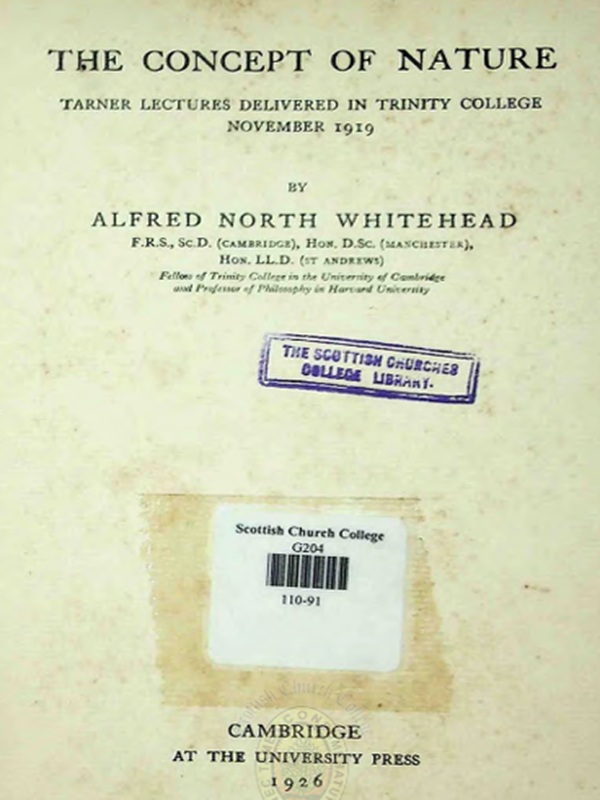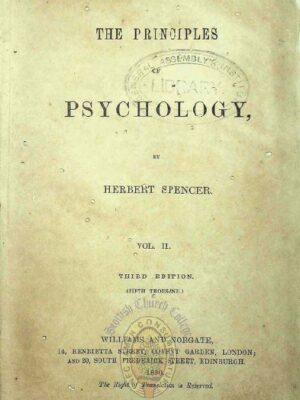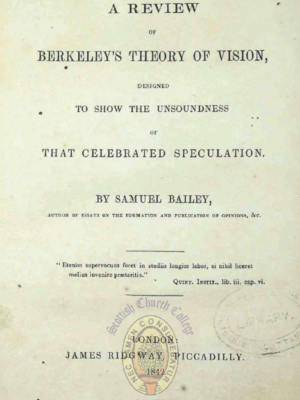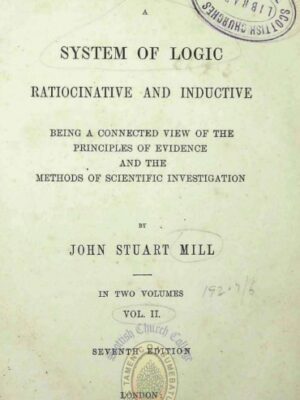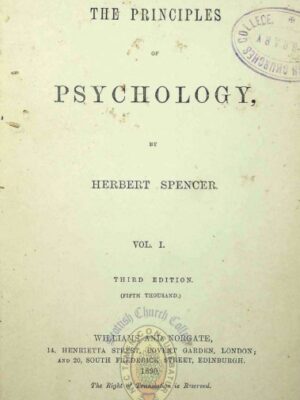Description
Alfred North Whitehead’s The Concept of Nature (1920) is a seminal philosophical work that explores the relationship between nature, perception, and scientific understanding. Based on his Tarner Lectures at Trinity College, Cambridge, Whitehead examines how we perceive the natural world and how scientific concepts relate to direct experience. He challenges traditional notions of space, time, and matter, proposing a more dynamic and relational view of reality. Written with depth and precision, this book marks a significant step in the development of process philosophy and the philosophy of science. It remains essential reading for students of metaphysics, philosophy of nature, and the foundations of modern scientific thought.

